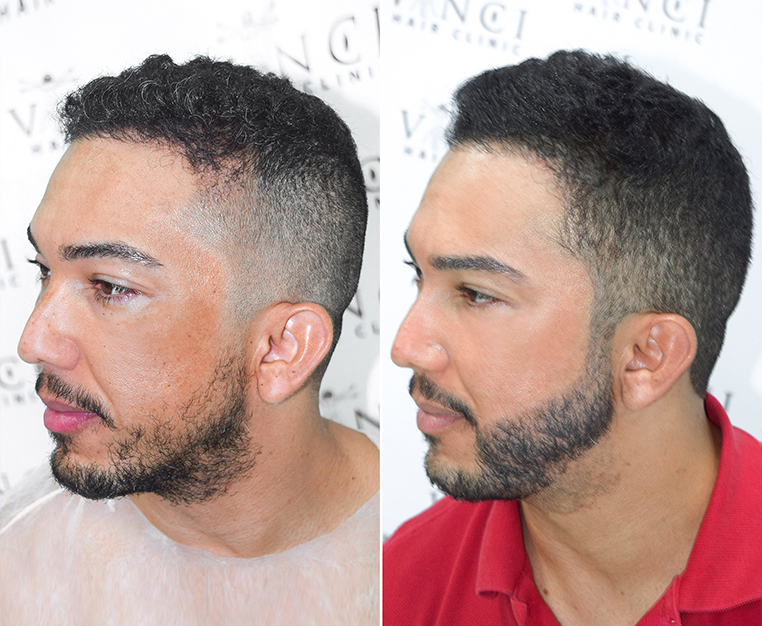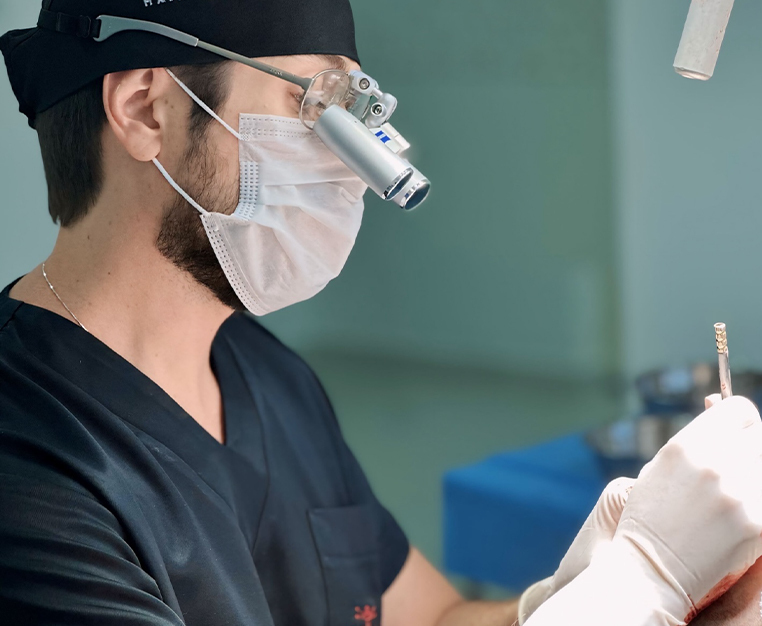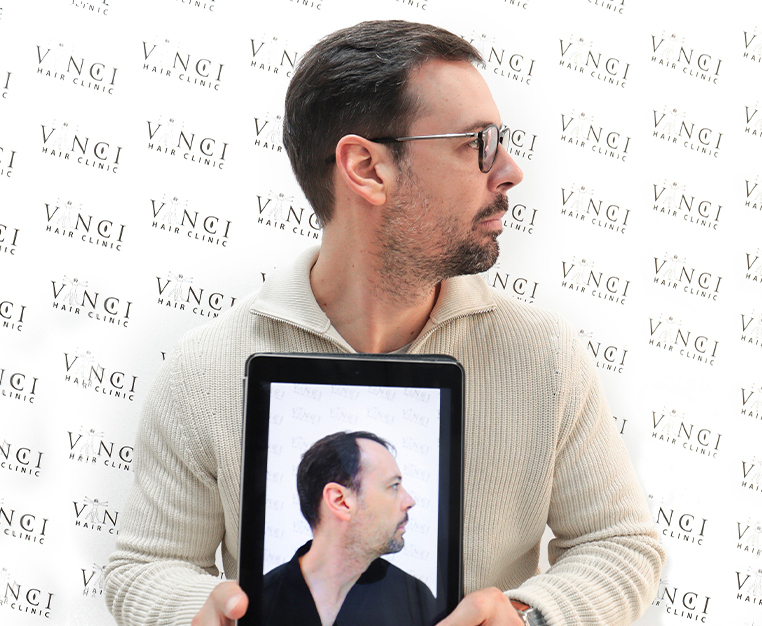Media outlets in India were full of a grim hair transplant story in the first week of December. Thirty-year-old TV executive Athar Rasheed decided to have surgery in 2021 to boost his self-confidence, as his rapidly receding hairline had left him feeling at a low ebb. He spotted a ‘special offer’ on a hair transplant procedure and decided to take the plunge. Sadly for Athar, he put himself in the hands of a cowboy outfit that seriously botched the operation. Athar contracted sepsis from the surgery and died after months of suffering.
This article will look at the risks posed by unregulated hair transplant providers operating in many countries and offering procedures at discounted prices. We ask the question, is transplant tourism worth the risk?
Low-Cost Transplants
Turkey has become one of the most popular destinations for men seeking cheap hair transplant surgery. So much so, in fact, that some wag suggested that Turkish Airlines would soon be changing its name to Turkish Hairlines! Poland, Hungary and Spain are also popular destinations in Europe, while Thailand, India and Malaysia fly the flag for Asia. In the Americas, Mexico seems to lead the way.
The rising demand for hair restoration treatments around the world has led to a boom in the provision of services. But what about the risks?
Jeopardy
The problem with any boom is that it attracts people who want to make a fast buck and aren’t too scrupulous about how they do it. You’ve probably come across a few hair transplant horror stories in the past few years, stories that seem to be on the increase. Don’t take my word for it. Look, instead, to the International Society of Hair Restoration Surgery (ISHRS).
The ISHRS is a global non-profit medical association with over one thousand members spread across seventy countries worldwide. When it comes to hair loss treatment and restoration, it sets the standards for the industry. So worried is the association about rogue operators that it now stages a ‘World Hair Transplant Repair Day’ aimed at raising global awareness of the fact that unqualified technicians are illegally carrying out transplant procedures and putting clients’ health in jeopardy.
Clients are attracted to these clinics by misleading advertising that promises five-star treatment at rock-bottom prices. Those providing the services make unrealistic promises about the outcomes clients can expect. The reality is that, in extreme cases, some of the ‘surgeons’ have acquired their knowledge from watching YouTube videos.
Race to the Bottom
These clinics can offer cheap hair transplants because they operate in countries where wages are lower than they are in, say, the United Kingdom or the United States. It costs less to hire clinic space and equipment, too. However, such has been the proliferation of services in recent years, that competition for clients is intense. Providers find themselves in a race to the bottom to cut costs and increase profits. One of the fastest ways of doing this is to slash the staff wage bill by hiring cheaper surgeons or using technicians.
Even the more reputable clinics on the tourist transplant trail struggle to provide clients with an adequate level of pre-op or post-op care given the distances involved. Additional time spent at either end of the process means that clients stay more nights in hotel accommodation. That drives up the cost of the package, making it harder for the service provider to appear competitive.
Consequences
Nilofer Farjo, President of the ISHRS, outlined the dangers:
“The consequences of this unscrupulous practice include permanent scarring, infection, visible donor scarring, poor growth, thin patches of hair or bald spots, and hair depletion from over-harvested donor areas – all of which can be difficult, and in some cases impossible, to correct.”
What concerns the ISHRS is that the number of these rogue operators is on the rise. A global survey conducted by the organisation revealed that 51% of members reported the presence of black-market clinics in their cities. Additionally, members reported an increase in the number of clients seeking treatment to repair work that had not been carried out by the surgeon.
Conclusion
It’s always prudent to consider the cost of hair transplant surgery and to compare what different providers are offering. Cost, however, should not be the main consideration. Your health and the quality of the result are the two most important factors by quite some distance. Ignore that at your peril!
If you are worried about hair loss or thinning, you’re better off speaking to an expert as soon as possible. Vinci Hair Clinic can help with that. Our staff are among the finest in the hair restoration business. We offer a free, no-obligation consultation to all new clients, one that can take place in person or using photographs via WhatsApp. All you have to do is get in touch and make the appointment!





